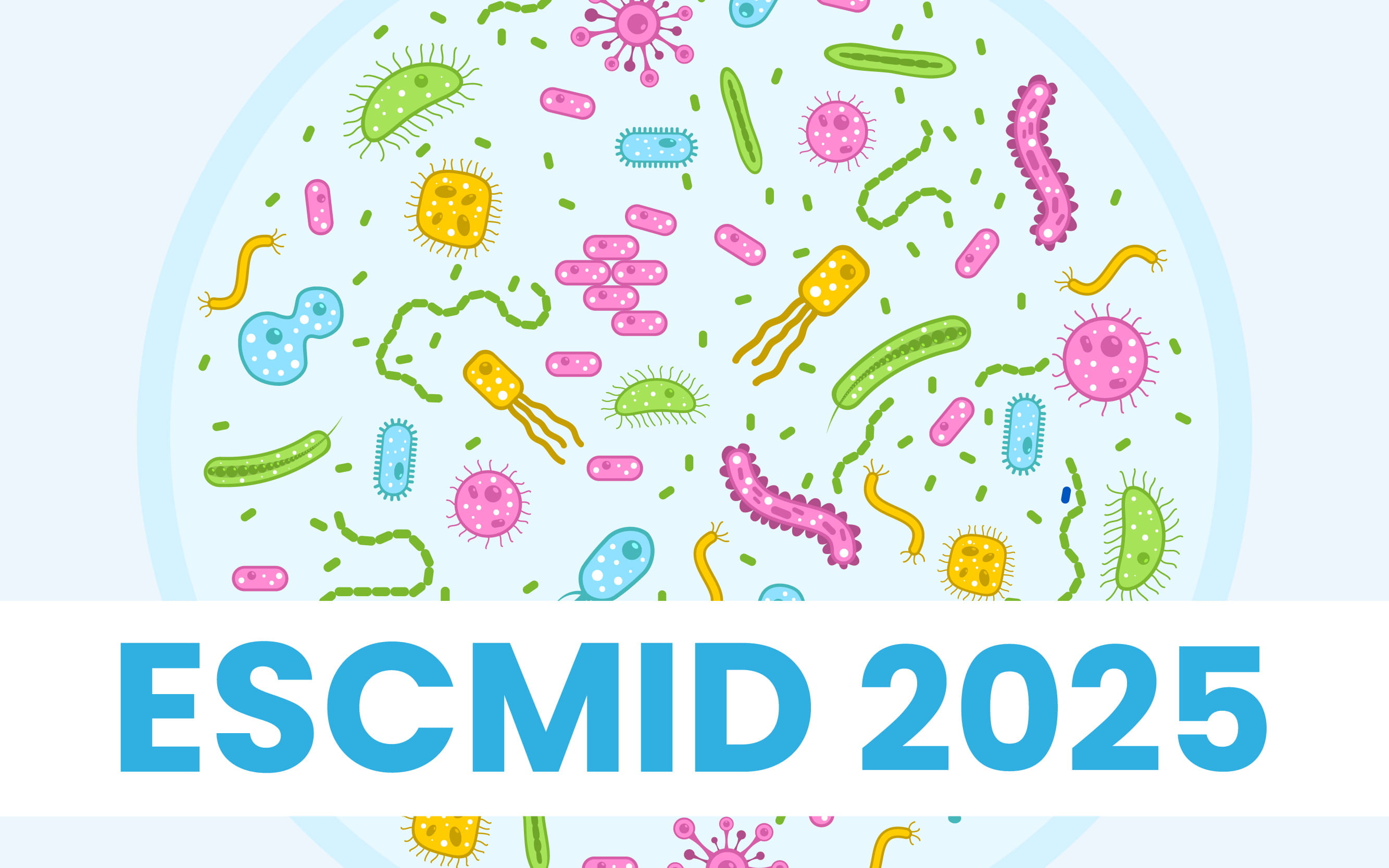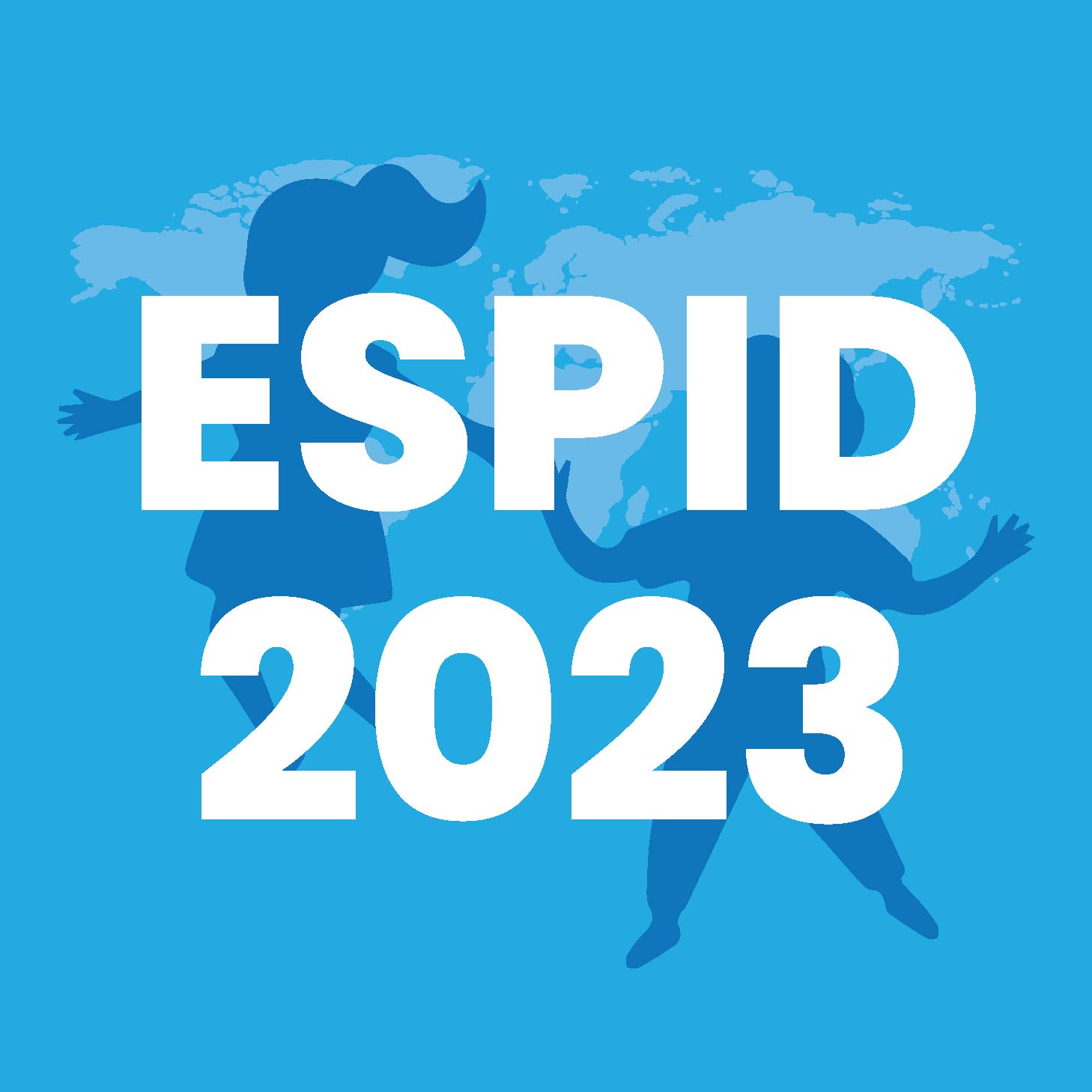ESPID 2023: Nirsevimab, A Novel Immunization for RSV Disease Prevention in Infants
In this session, details regarding the recently approved drug Nirsevimab were discussed.
Respiratory Syncytial Virus (RSV) is a virus that affects infants, and even those born healthy and full-term can be at risk for severe disease. Over 70% of children hospitalized due to RSV are born healthy and at term. This disease can affect individuals who are born within or outside the season.
Nirsevimab was recently approved by European Medicines Agency (EMA) for the prevention of RSV, a lower respiratory tract disease (LRTD) in neonates and infants during their first RSV season. It can be administered to healthy infants and those with underlying conditions, to both term and preterm infants and those born within and outside of the RSV season.
Nirsevimab is a Monoclonal antibody (mAb) that attaches to the F protein of the RSV, inhibiting its fusion and introduction into host cells. Its modification extends its half-life up to 150 days (approx. 5 months), making it a long-acting antibody. It provides direct protection against RSV without relying on the infant's immune system or host factors. Nirsevimab adapts to changing seasonality of RSV. Based on the indication from the EU SMPC, infants born outside of the RSV season would receive Nirsevimab at the beginning of the season, while infants born within the season would be given the antibody at birth in an in-hospital setting to provide rapid protection for the entire five-month period. Therefore, Nirsevimab protects infants during the whole RSV season regardless of the time of birth.
Nirsevimab has been studied in a diverse population (infants, preterm, full term, with comorbidities), including infants with high-risk factors, and has shown effectiveness in preventing medically attended lower respiratory tract infections (MA-LRTIs). In the phase 2b study with preterm infants, Nirsevimab had an efficacy of 70.1% in reducing RSV-confirmed MA-LRTIs and 78.4% efficacy in reducing hospitalizations associated with MA-LRTIs for the whole 150-day period. While in a phase 3 cohort study with late preterm and full-term infants, it had an efficacy of 74.5% in reducing MA-LRTIs for the same duration. Additionally, it demonstrated a 62.1% relative risk reduction in hospitalizations for MA-LRTIs.
In a post-hoc exploratory analysis, the efficacy of 76.4% against MA-LRTIs and 76.8% for the reduction of hospitalization of MA-LRTIs was demonstrated by Nirsevimab for the 150-day duration. Therefore, Nirsevimab showed a consistent and strong efficacy ranging from 70 to 78% regardless of the population in which it was evaluated.
Safety studies for Nirsevimab conducted in a broad population of infants demonstrated a good safety profile. It was well tolerated in clinical trials, with a similar safety profile to placebo in phase II and III trials. When Nirsevimab was evaluated for safety in high-risk infants, it had a similar safety profile to the standard of care, palivizumab, and previously evaluated infants.
Nirsevimab is easy to administer as it is given in a single dose based on the infant's weight. Infants weighing less than 5kg should receive 50mg, while those weighing 5kg or more should receive 100mg. The vaccine is available in a prefilled syringe and should be administered by intramuscular injection, preferably in the thigh. As per EU SMPC indication, it can also be given with other routine childhood vaccinations.
Therefore, Nirsevimab is the first RSV immunization designed for all infants to prevent respiratory syncytial virus (RSV) respiratory tract disease during their first RSV season. It should be used per official recommendations and is not recommended for infants with hypersensitivity to the active substance or any excipients. According to clinical trials, a single dose of Nirsevimab provides protection lasting at least 5 months and reduces the risk of MA-LRTIs, including hospitalizations.
41st Annual Meeting of the European Society for Paediatric Infectious Diseases (ESPID), 8-12 May, 2023



